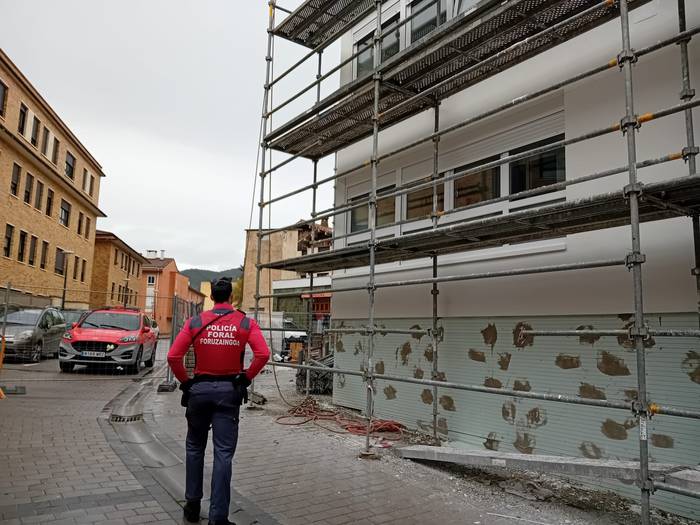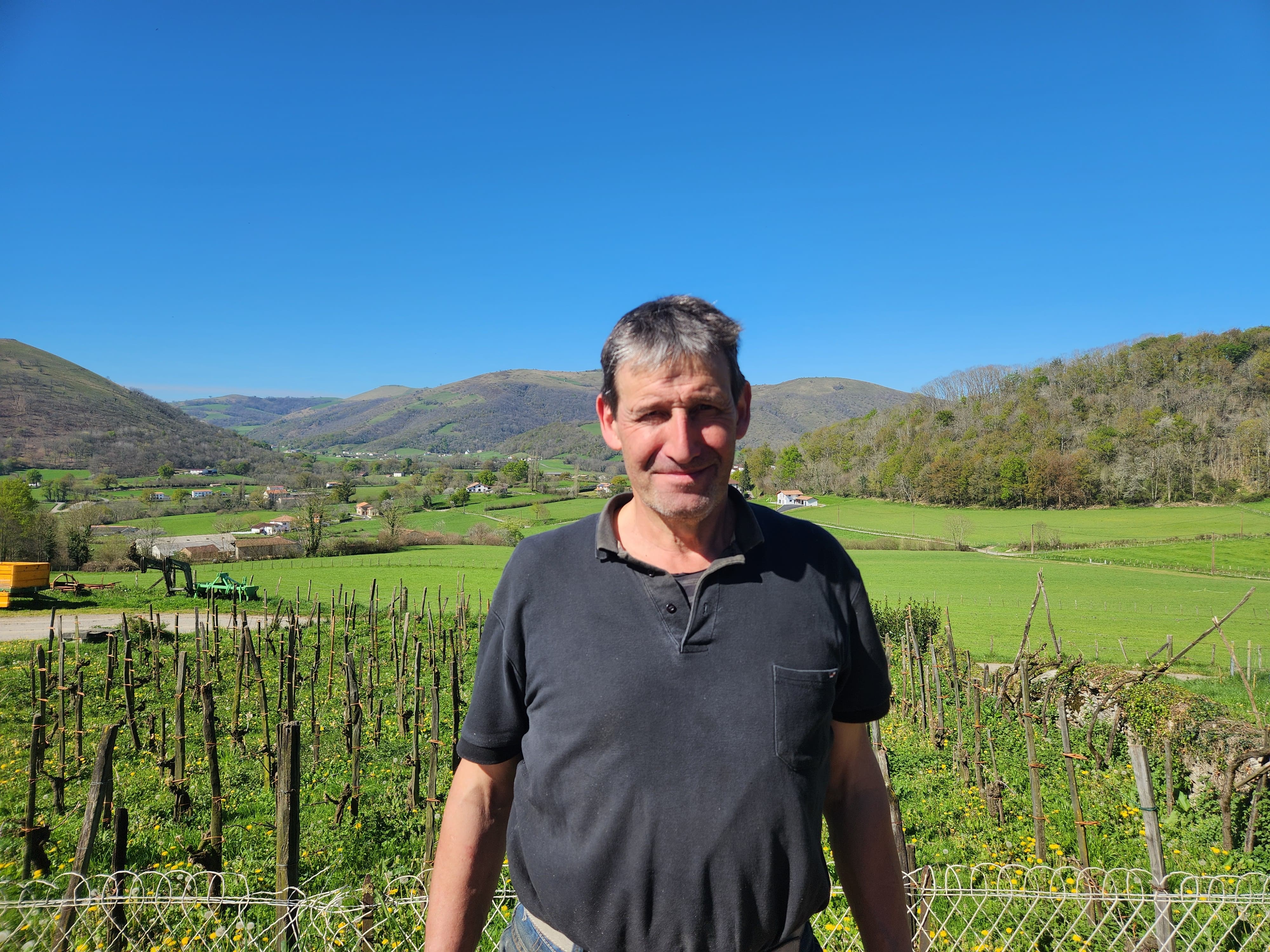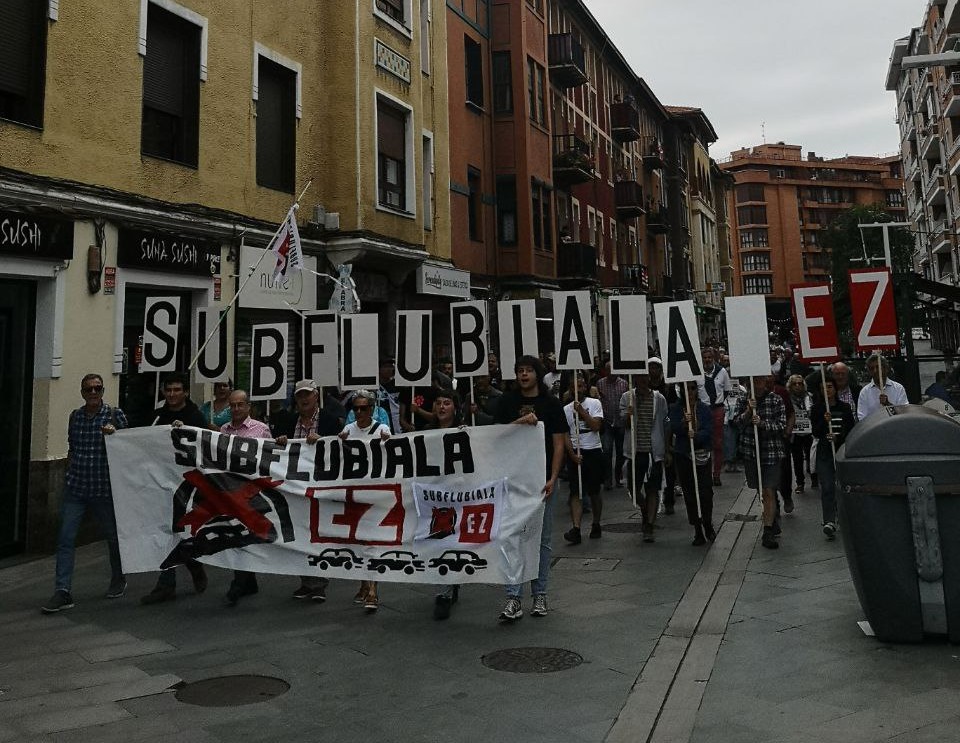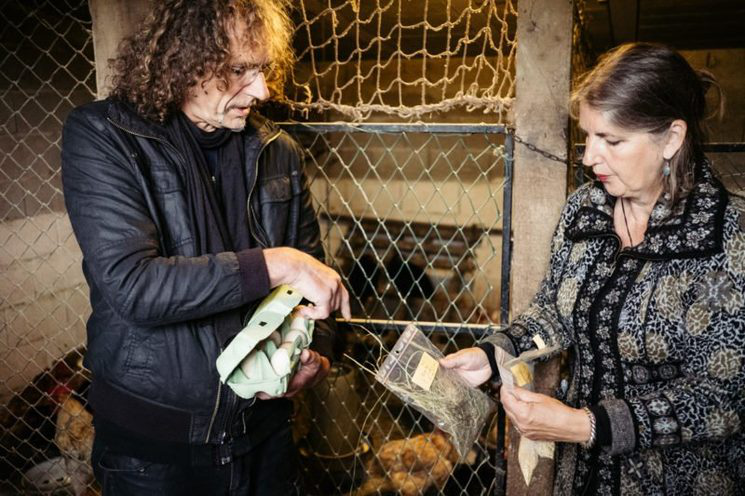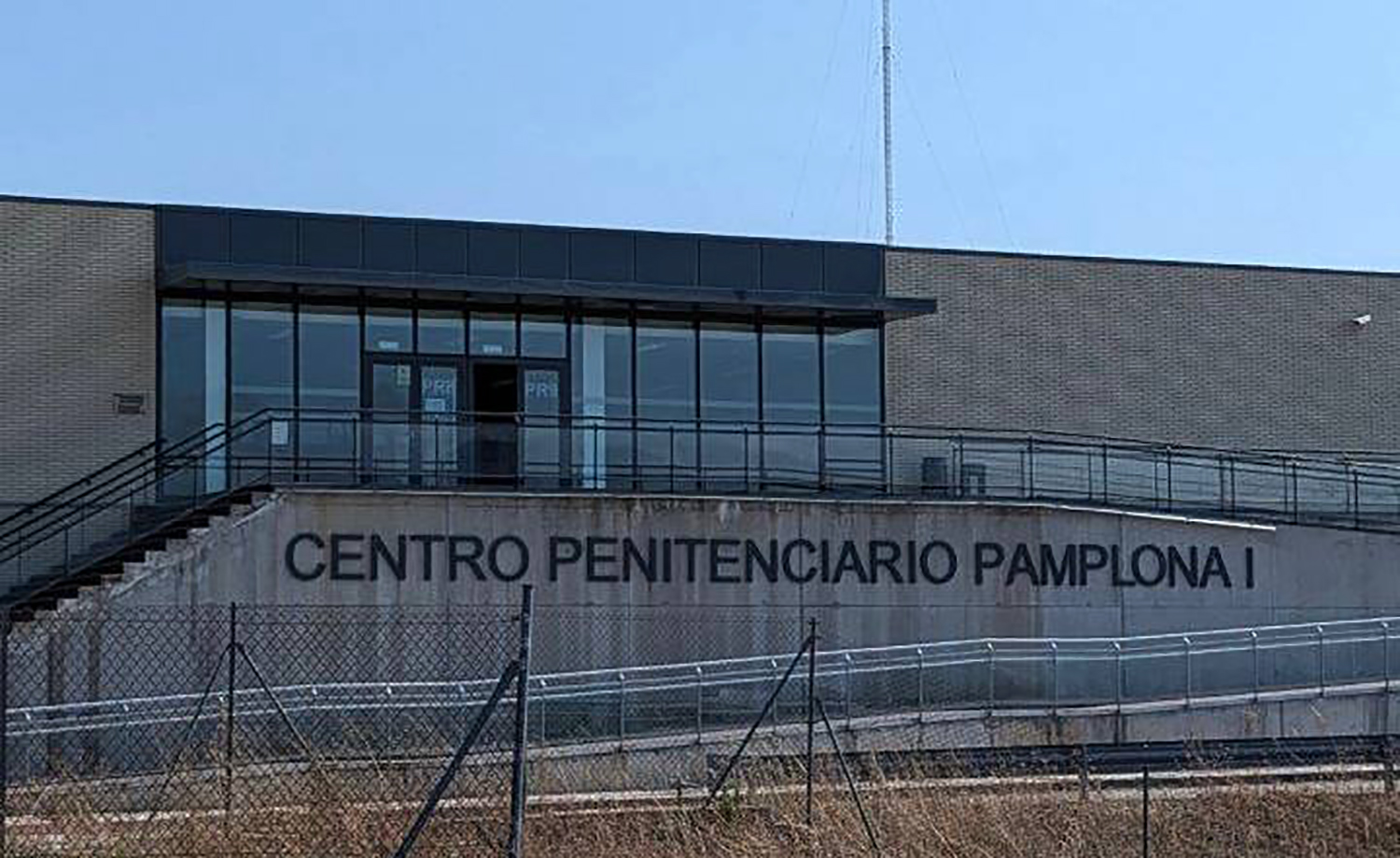Our leaders should stop worshipping speed.
- The European authorities have taken drastic decisions on the pretext of the crisis. There is talk of the damage that measures will cause, not so much of the way in which these decisions are made as of the influence of the speed factor. Neal Lawson has written on the subject in New Statesman magazine, which he has recently published.
In politics everything is accelerating, as in life. The economy is defined by the short deadlines. In our culture, fast food predominates, always communicating, the media everywhere and the wheel of the rhythm of consumption that is even faster. In addition to the technically constructed obsolescence, we have a psychological interiorization. Politicians have become impossible to avoid that high-speed destination.
They have refused to manage the economy for the benefit of society, they have to justify their existence by putting their hands on many more areas of our lives at an increasingly rapid pace. Therefore, within the tight time cycles of our electoral system, they resort to the easy path; an ambitious project, a new piece of legislation or another round of reorganization to complete the programming of television channels 24 hours a week, giving them a way of being busy and getting people excited. Speed sows speed, your turn will almost be safe in a year or two, so now run fast or then you face the axe.
The current philosophy is permanent, that change can only be imposed from top to bottom and quickly. No model can believe that people can change their things by themselves. Gross elitism, above pluralism; politics of the predetermined plan and not of the road to go together. Stop people learning better from their mistakes, they have exercised power over people and not over people.
Instead of worshipping speed, we need a slow policy that seeks fundamental and deeply internalized change. This kind of slow policy is based on the recognition that a change full of meanings, a sustainable and citizen change, needs time to do things right, that consensus has to be negotiated to build and advance citizen consensus, and that decisions have to be shared if we want people to feel that they own change.
It's a history lesson, whether it's Bolshevik or Blairite, you can't take paths throughout history. If you try, the disaster comes. Not only do reforms take time, but real transformative hegemonic change is also a slow process. The welfare state took ten years to recover from the 1930 crash. The new right lived three decades in the stomach, before it was power in the hands. My favorite example is the Swedish Social Democrats, who took power in the 1930s and built a relatively good, slow, safe and slow society, which did not reach the highest level until half a century later.
We need a different theory of change that combines principles and patience. The aim is to get in the right direction and find as many travellers as possible.
I'm talking about Interview. With water and sand
Authors: Telmo Irureta and Mireia Gabilondo.
The actors: Telmo Irureta and Dorleta Urretabizkaia.
Directed by: Assisted by Mireia Gabilondo.
The company is: The temptation.
When: April 2nd.
In which: At the Victoria Eugenia... [+]
Euskal Herriko Laborantza Ganberak hogei urte bete ditu. 2005ean sorturik, bataila anitzetatik pasa da Ainiza-Monjoloseko erakundea. Epaiketak, sustengu kanpainak edota Lurramaren sortzea, gorabehera ainitz izan ditu hogei urtez.











